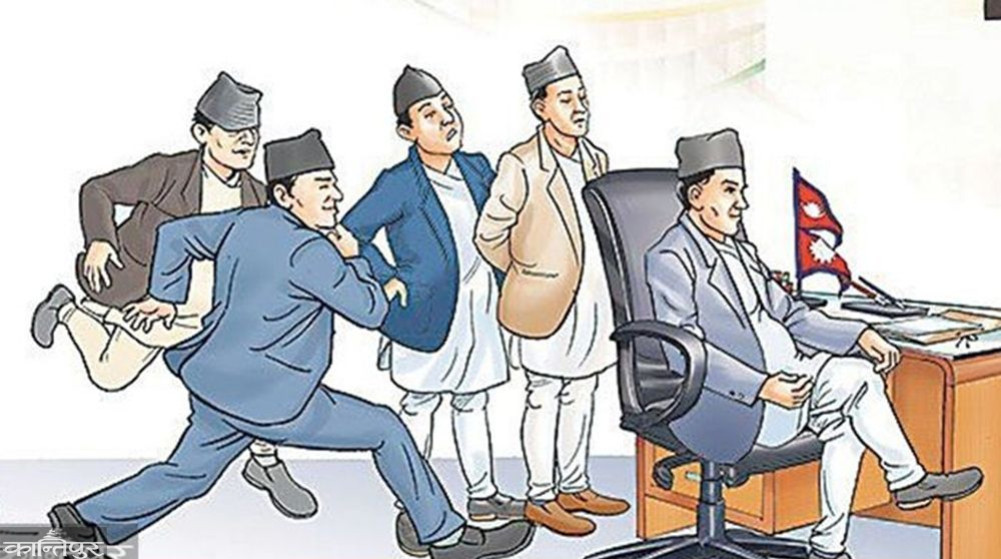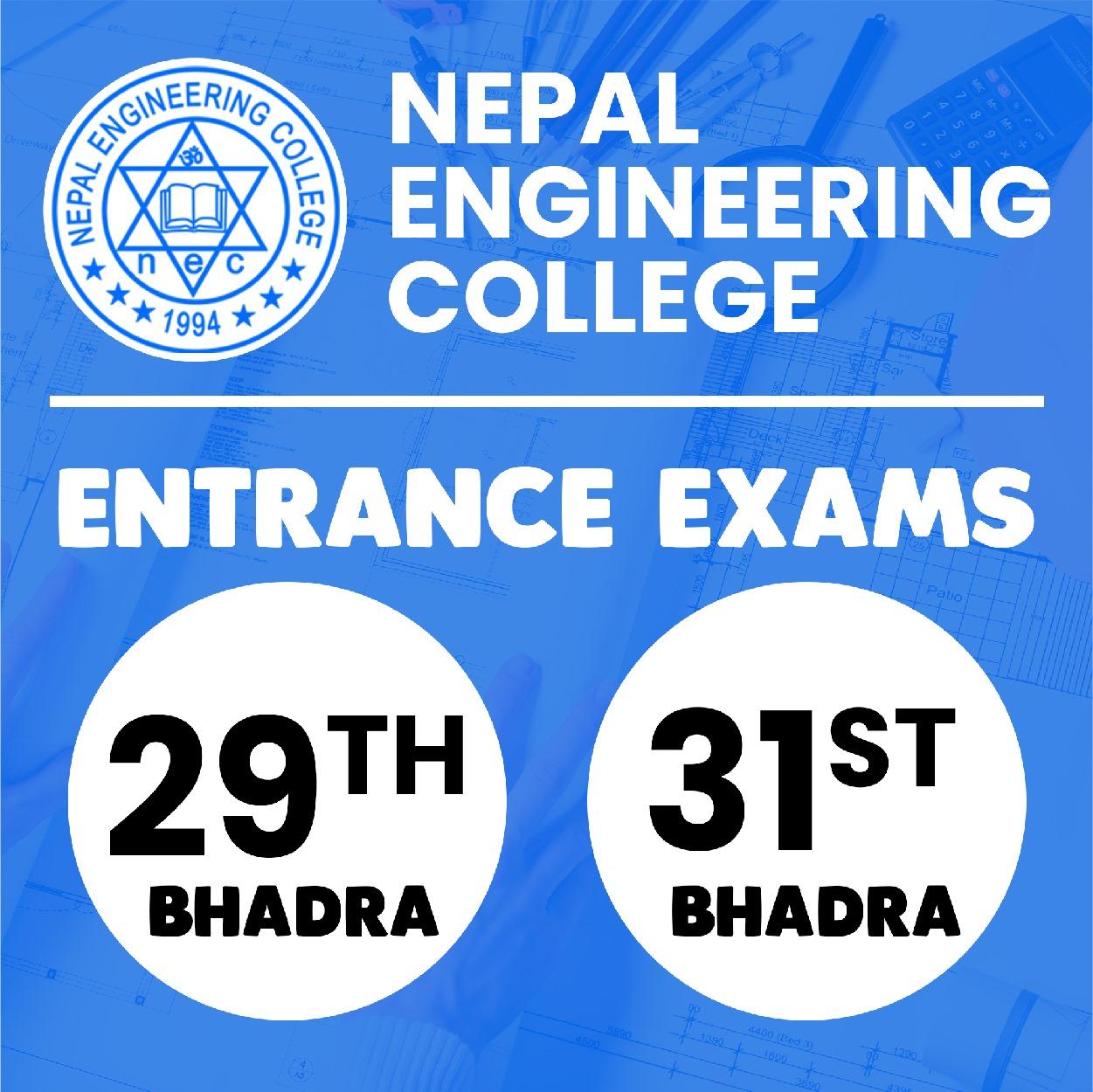"Kafka" of Nepali stories
We use Google Cloud Translation Services. Google requires we provide the following disclaimer relating to use of this service:
This service may contain translations powered by Google. Google disclaims all warranties related to the translations, expressed or implied, including any warranties of accuracy, reliability, and any implied warranties of merchantability, fitness for a particular purpose, and noninfringement.


Where did I come from, how long will I stay here and where am I going now? Which light do I go to? "Ya ma kaan Andhkar Harayyu?",' as the introductory line of the story 'Utarardha', which considers life as an illusion, its narrator Parshu Pradhan has also broken an 'illusion' of life. On Monday, he faded from the light of his 80-year life into darkness. In an interview, he said - I myself am the character of the story of 'The Last'. I wrote that story when I was 60 years old. I cried myself reading that.



Parshu's narrators, essayists, reviewers, critics, etc., who continue to understand the uncertain life through stories, are also more prominent. However, his empire is in fiction. After the prostate surgery, there was definitely some reduction in writing, but he had such a hunger for knowledge that even in the last days of his life, he did not stop reading books at his residence in Baneshwar.
There is an effective story of Parshu in 'Katha and Rachnagarbha' - 'Chesta! try!! Try!!!'. The story reminds me of Franz Kafka's Metamorphosis. Kafka wrote the story of 'man turning into an insect', while Parshu wrote the story of 'man changing sex'. Why is he so fascinated by fantasy? Parshu told critic Netra Atom, "I used fantasy because I wanted to show the reality of life." He has written not only
fantasy, but also real life and sad stories. Parashu's most famous story is 'Chhindibori Aakash'. In the story, the reader is saddened by the scene where the mother reassures the hungry son who is waiting for food by cooking lohoro. Parshu's 'Vakrarekha', 'Feri Attack', 'Youta Another Legend', 'Unrelated', 'The Sun Setting in the Sea', 'Representative Story of Parshu Pradhan', 'The Birth of Yauta Krantipurusha', 'The Last One', 'Sitas', Ghar' is a short story published. Up to 29 editions, there are "Saman Gyan" digests and children's stories including "Nani's Story", "Golden Chest", "Rita's School".
In Netra Atom's book 'Seemant Akash Srashtasitko Antyaryatra' (2062), Parshu made a serious comment about contemporary fiction, 'Today's story begins in the kitchen, develops in the dining room and ends in the bedroom.' I am your husband Nirmala!''Telefilm was also made on that story - 'Nirmala'. Its screenplay/dialogue was written by the narrator Avinash Shrestha. Based on the conflict between husband and wife, the main actors of 'Nirmala', which was aired many times on Nepal Television, were Lakshmi Shrestha and Om Gurung. According to Avinash, Parashu is a very great storyteller of Nepal. Says, 'He has used a lot of imagination in his stories - a very different kind. The language of his story is different, but he did not get as much discussion as he should have.'
Parshu Pradhan's family is known by the name of 'Hula's Son' in his birthplace Bhojpur. His grandfather Mukhiya Krishna Bahadur Shrestha was the head (Mukhiya) of the Bhojpur Post Office. Poet/writer Shailendra Sakar, brother of Parshu, says, "I heard when I was young - Grandfather Krishna Bahadur's father, that is, my grandfather, was also a prominent postman." As generations continued to work prominently in the post office, they became the "sons of the postman" throughout the district. We had a post office in our house. On the ground floor every day the postmen brought letters, newspapers and books and piled them. We brothers (Parashu and I) used to tear up letters carelessly and throw them away," Sakar has written in his memoir-book 'Sons of Bhojpure Hulaki'.
This is how Parshu got close relationship with books from a young age. And, he did not follow the path of Baje, but became a writer. Around 2018/2019, Parshu got attracted to stories, before that he used to write poetry. When he came to Kathmandu to inspect the campus, he was drawn to the story by his association with Daulatvikram Bista, Ramesh Vikal, Vasu Shashi. Balamukundadev of 'Ruprekha' approached Pandey with the story. His first story was published in the Baisakh Katha special issue of 2019, titled 'From the eyes of my room'. After that, he was inspired and continued to write stories throughout his life.
In Sakar's memory, Parshu was very talented from an early age. He was always first in the class. He used to memorize entire English books. He used to win awards in literary competitions, and would come home with trophies and books,” says Sakar. Parshu is also credited with writing stories of sexual psychoanalysis in Nepali literature. What precautions should be taken when putting sex in literature? Parshu has said about this art, 'Sex is something that everyone knows, but it should be covered with clothes - that is art.' But narrator Narayan Dhakal does not call Parshu 'sex', but 'love-storyteller'. 'The story of love is very beautiful. He used to write in a manner. He is a big pillar of Nepali story," says Dhakal. "When I was curious about what the story would be, he was already established in Nepali story-literature. I was inspired to write a story by reading him.' Otherwise, it is not only through hard work - without talent.' He used to compare writing to the blooming of a flower. In his writings, he used to say that 'Shankar Lamichhane, Daulatvikram Bista and Gothale have influence'.
Netra Atom, who has studied the topic of 'Consciousness Flow' in Parshu's novel 'Saabi Birseeka Meekashuru' (2024), finds 'Dalle Khola' and 'Chhindibhariiko Aakash' to be special among his stories. "He is a strong critical realist storyteller," says Netra.
critic Rajkumar Baniyan believes that Parshu is the 'Kafka' of Nepali literature. He wrote a long profile on Parshu - 'Little Kafka in Kathmandu'.
Parshu has another story - 'Little Buddha in Tokyo'. The story has a subtle description of Palden's extremely pointless and painful life when he went to Tokyo with a Japanese girl. He is a successful narrator of Nepali literature. He has maintained his quality even by writing many stories. That's why I think he is the Kafka of Nepali literature,' says Baniyan, 'he started the creative writing in Nepal. In the magazine where his story was printed, his story was also printed in it. In Baniyan's opinion, Parshu made a list of the 10 best storytellers of Nepali stories and deserves that list.
 प्रकाशित : चैत्र ७, २०८० ०६:४६
प्रकाशित : चैत्र ७, २०८० ०६:४६

 २१.१२°C काठमाडौं
२१.१२°C काठमाडौं
















